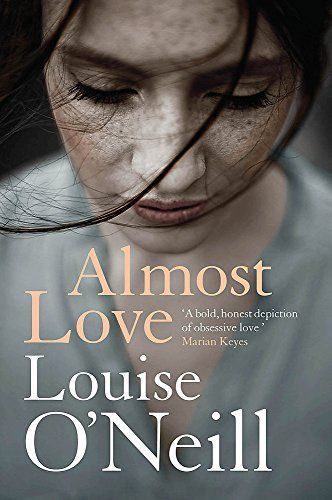
Almost Love the addictive story of obsessive love from the bestselling author of Asking for It
For fans of Marian Keyes, Dolly Alderton and Holly Bourne, ALMOST LOVE is one of the most addictive and heartbreaking reads of the year 'Compulsive' Sunday Times 'Breaks another boundary' Irish Times 'A must-read' Image 'Honest and poignant' Elle 'Intelligent and compelling' Daily Mail When Sarah falls for Matthew, she falls hard. So it doesn't matter that he's twenty years older. That he sees her only in secret. That, slowly but surely, she's sacrificing everything else in her life to be with him. Sarah's friends are worried. Her father can't understand how she could allow herself to be used like this. And she's on the verge of losing her job. But Sarah can't help it. She is addicted to being desired by Matthew. And love is supposed to hurt. Isn't it?
Reviews
Marz @starzreads
Olivera Mitić@olyschka
Orla callaghan @orla-c
Pamela Byrne@pamvb15
Natalie@nats
Julieta Nardin@chuchi
Lyndsey McIntyre @lyndseym
Sam Kiszonka@dastardlyreads
Sam Kiszonka@dastardlyreads
Moray Lyle McIntosh@bookish_arcadia
Agata Tereszkiewicz @agata1
Ruth Parker @ruth
Jordan Robinson@jordalinereads
Rebecca Thornber@rebeccathornber
Tasha Walshe @tashiewalshe